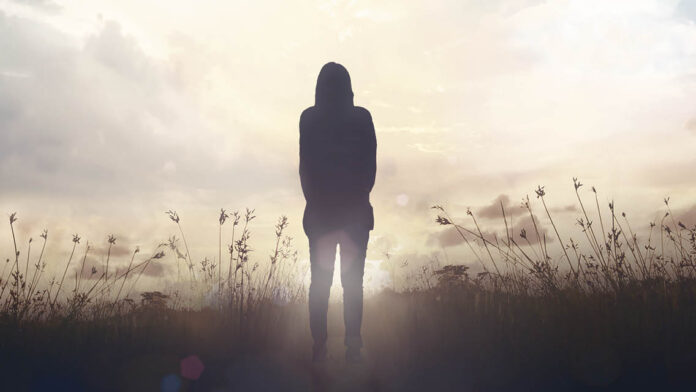A 12 months earlier than COVID-19 struck, a 3rd of People over 45 reported feeling lonely, and almost 1 / 4 of these over 65 felt they have been socially remoted. Each of those numbers have solely climbed in the course of the pandemic.
Loneliness and isolation are “critical but underappreciated public-health dangers,” in response to a 2020 report from the Nationwide Academies of Sciences, Engineering, and Drugs (NASEM): They improve an individual’s danger of untimely demise from any trigger — as a lot as (or greater than) smoking or a sedentary way of life.
Loneliness and isolation are additionally two separate circumstances. Loneliness is a “subjective feeling of being remoted,” the report explains. Folks with loads of pals and social contacts can nonetheless really feel lonely. Practitioners usually use the UCLA Loneliness Scale to evaluate the situation, asking questions akin to “Do you are feeling ignored?” and “Are folks round you however not with you?”
Social isolation means an individual has few social relationships or rare social contact. Once more, folks can dwell in a group however nonetheless really feel remoted.
“Whereas all ages might expertise social isolation and loneliness, older adults are at elevated danger as a result of they’re extra prone to face predisposing elements, akin to dwelling alone, the lack of household or pals, continual sickness, and sensory impairments,” the authors word.
The 2 circumstances usually, however not all the time, manifest collectively. Ladies are at extra danger of loneliness; males are extra apt to be socially remoted.
Whereas all ages might expertise social isolation and loneliness, older adults are at elevated danger as a result of they’re extra prone to face predisposing elements, akin to dwelling alone, the lack of household or pals, continual sickness, and sensory impairments.”
Immigrant, lesbian, homosexual, and bisexual populations expertise loneliness extra usually than others, in response to the Facilities for Illness Management and Prevention (CDC), “due to stigma, discrimination, and limitations to care.”
First-generation immigrants might face extra social isolation due to language limitations, variations in group, household dynamics, and new relationships that lack depth or historical past.
Single, widowed, or divorced persons are additionally extra prone to develop each circumstances, as are these with low revenue and fewer training.
The well being results of loneliness and isolation may be robust to measure exactly. Numerous research recommend that, along with the chance of untimely demise and a heightened danger of coronary heart illness and stroke, social isolation will increase the probabilities of growing dementia by 50 p.c, and loneliness correlates with larger charges of depression, anxiousness, and suicide.
How the circumstances are associated to those results remains to be unknown. Loneliness might improve stress and irritation, impair sleep, and drive behaviors akin to ingesting and smoking, says the Nationwide Institute on Growing older’s Lis Nielsen, PhD. Isolation might make it more durable to entry nutritious meals, train, or medical care.
As a result of most everybody over 50 interacts to a point with the healthcare system, the NASEM report states, “healthcare suppliers could also be in the very best place to determine older people who’re at highest danger.”
Among the many assets the CDC recommends are AARP, Space Companies on Growing older and Eldercare Locator, the Nationwide Council on Growing older, and the Nationwide Institute on Growing older.
For extra on coping with loneliness, see “The Loneliness Lure” and “Tips on how to Deal With Loneliness“. For extra on isolation, see “Neighborhood Issues” and “Tips on how to Keep Linked Whereas Working towards Social Distancing“.


